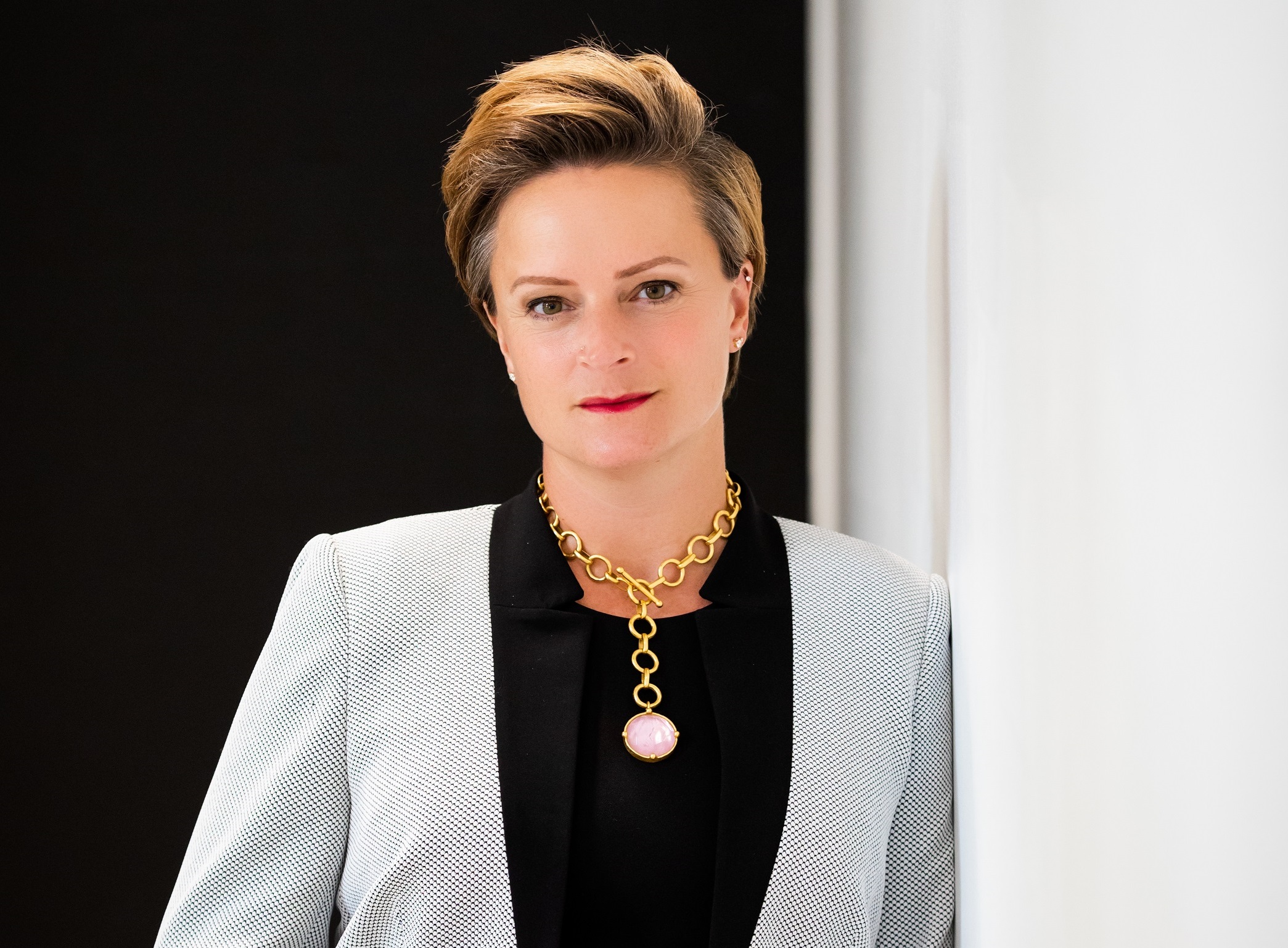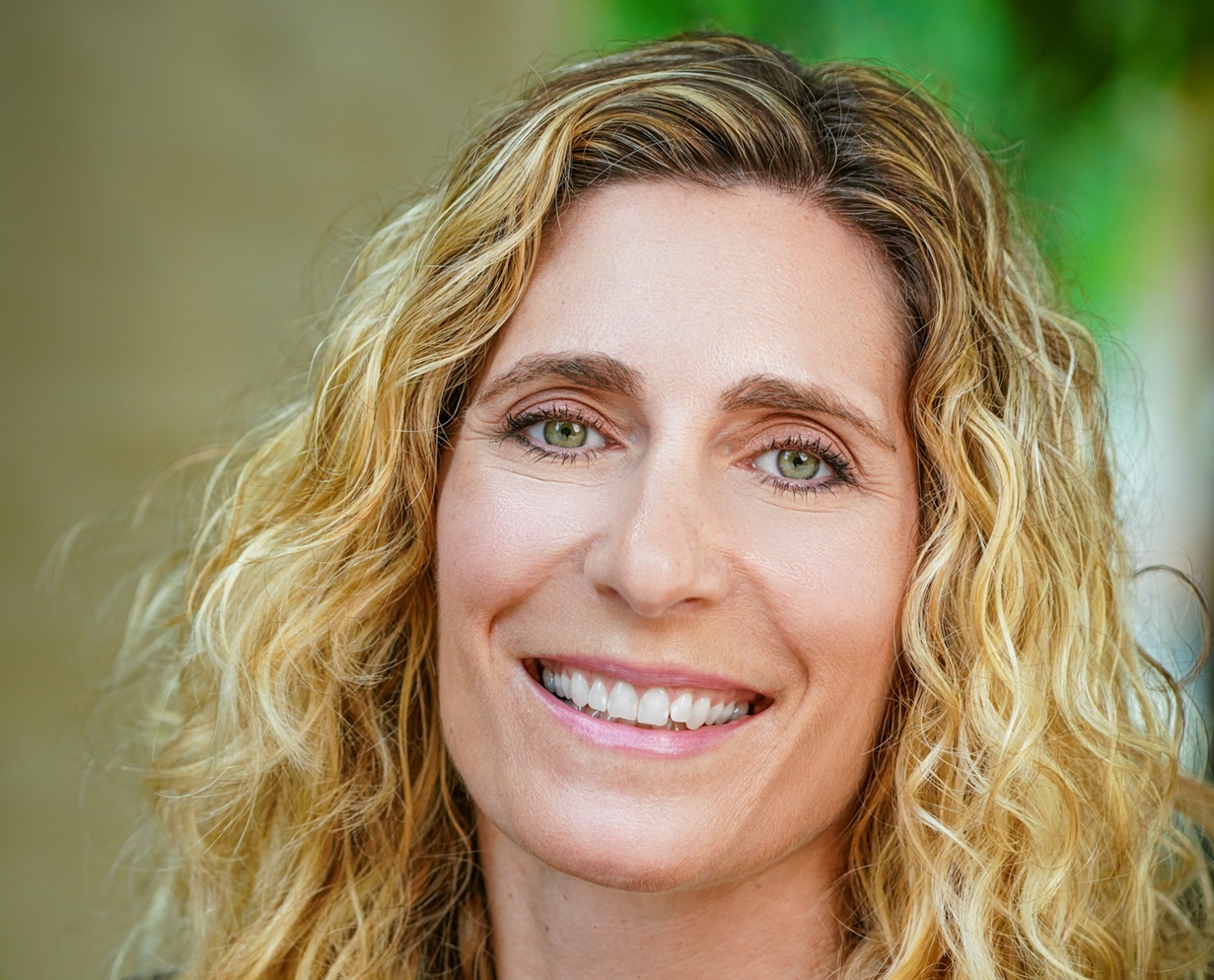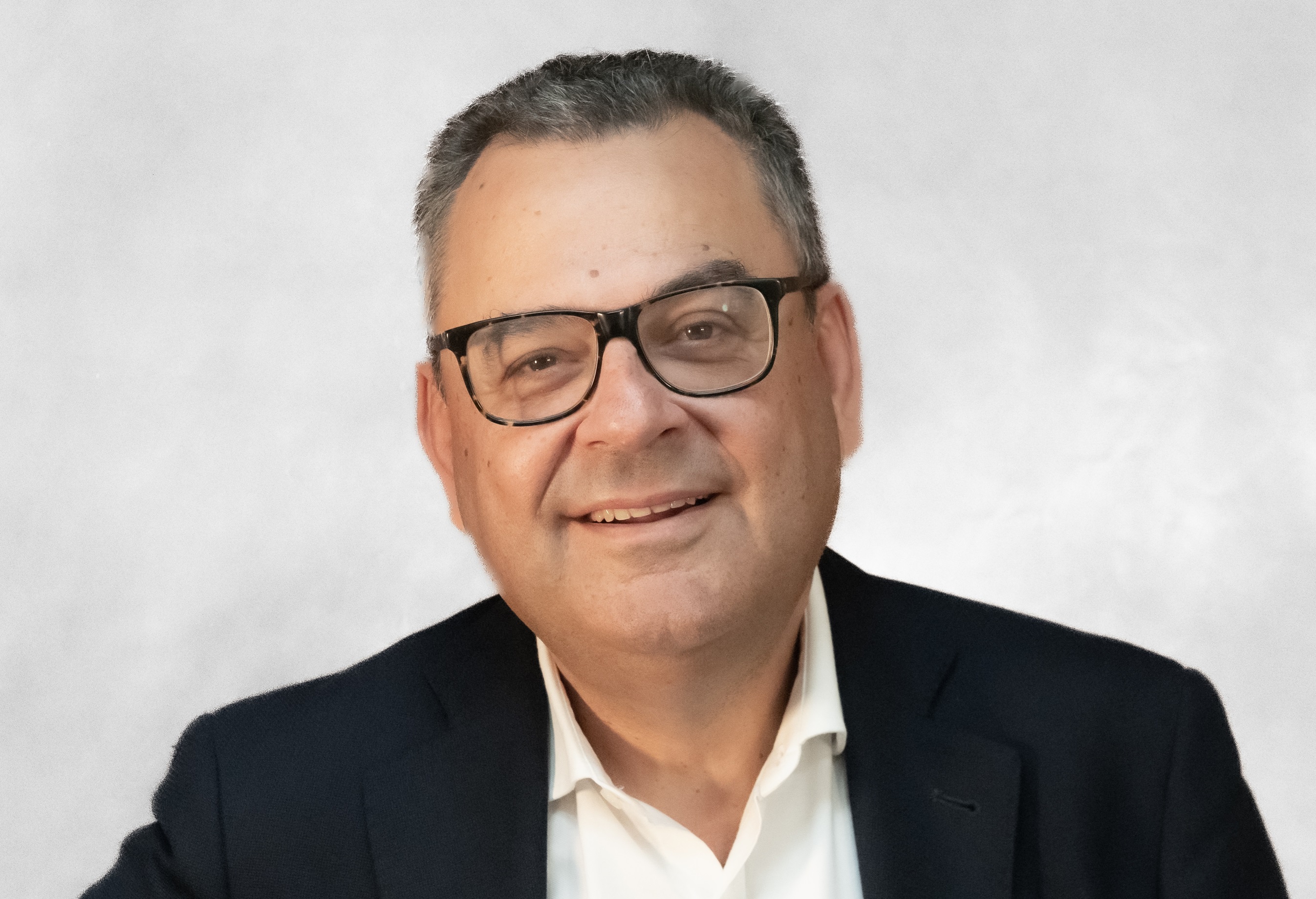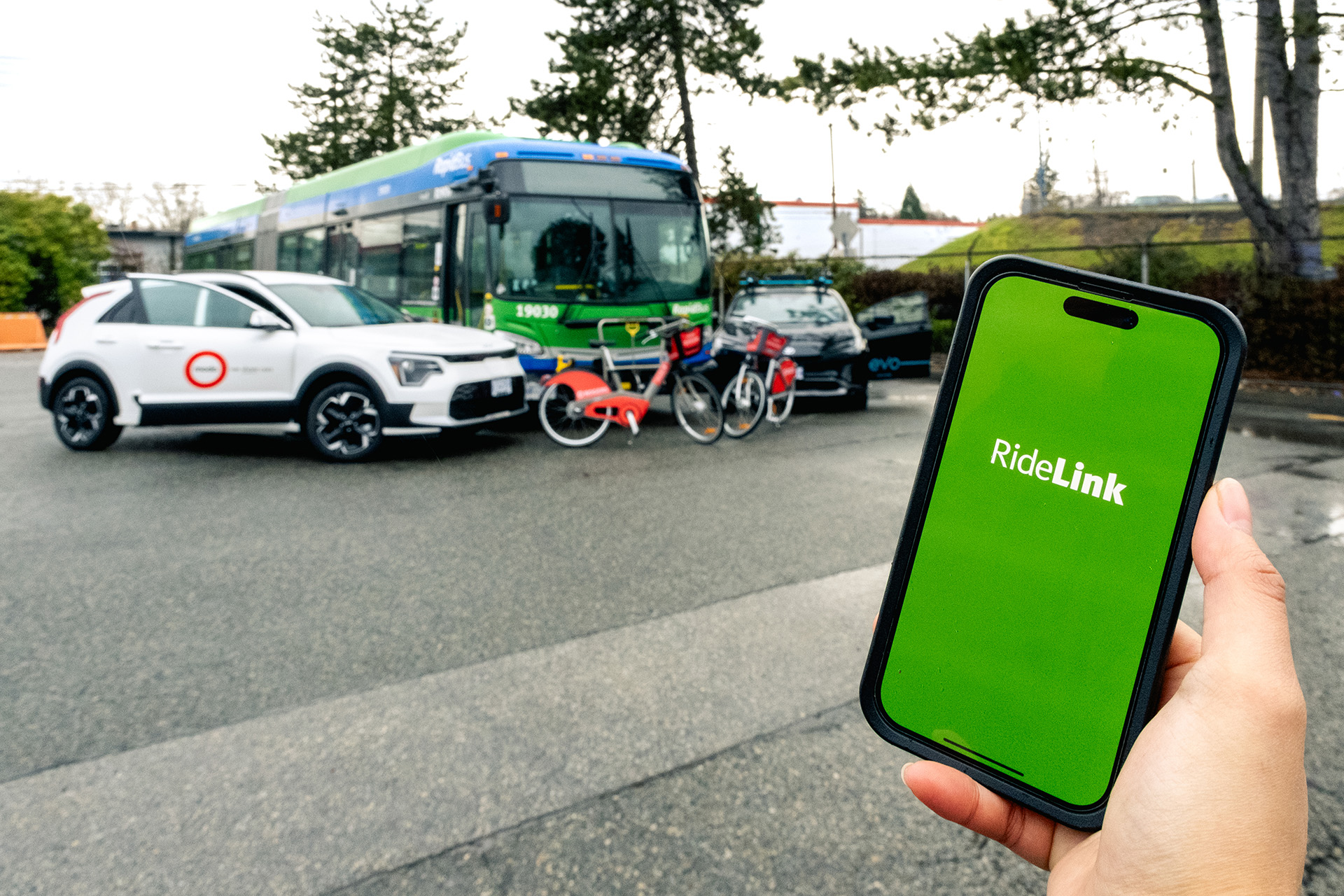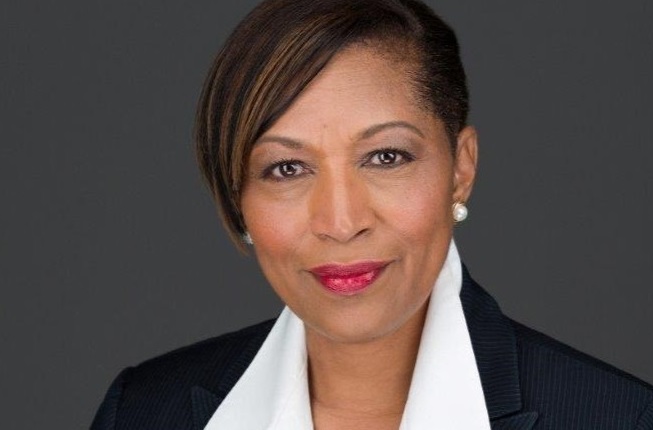
Rosa Rountree, US national operations director for AtkinsRéalis, has a guiding principle when starting any project: always begin by asking, “Why?”
This has informed her work as an experienced and highly respected professional in the tolling industry. “We need to know the purpose,” she tells ITS International. “When we're working with clients, we need to start with a ‘why?’ That's why we can't cut and paste solutions, Adam - because your ‘why’ is different from my ‘why’; because each customer’s needs and goals are unique.”
Rountree is an accountant, and understanding how things work is key to how she operates. “I think technology and accounting have always aligned because we deal with hard numbers,” she says. In the mid-1990s, Rountree was hired by the Orlando-Orange County Expressway Authority (OOCEA - now Central Florida Expressway Authority) to look at payment reconciliation as the agency put in Florida’s first electronic toll collection system, E-Pass. The implementation exposed several software vulnerabilities in the transaction postings process – and, unsurprisingly, Rountree found several potential problems that could lead to inaccurate revenue and reporting.
“I said: ‘Here are the issues’, [and I] had them all lined up just like a good accountant with supporting documents,” she laughs. The response from her boss was simple: “Now go fix it.”
Rountree was initially surprised at his response: “His philosophy was grounded in the idea that success is a collaborative effort, ‘their failure was our failure’ – it completely changed my way of thinking.” That accountancy role turned into a job offer as operations manager. “Since that point, I've always sought roles that allow me to be an integral part of the decision-making process,” she recalls.
Rountree insists on a deep understanding of every tolling system she works on, from the schematics to the data structures to the real-world operational impacts.
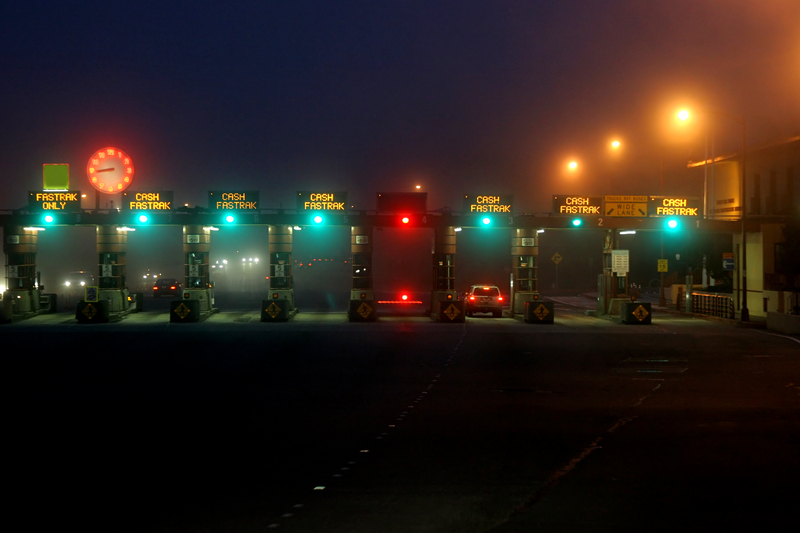
Understanding the ‘why’
With this nuts-and-bolts knowledge, Rountree understands how a system works, what data could be extracted from what piece of equipment, how vibrational changes in the roadway might affect results, what level of consistency should be achieved, and so on.
“Almost everything I do, I start with the basics, understanding the ‘why’, understanding the purpose, and from that I can build on what's behind it.” This comprehensive knowledge allows her to identify areas for improvement and implement solutions that address root causes, not just symptoms. “I firmly believe that investing the time and effort to do things correctly from the start is far more efficient than rushing through tasks and having to redo them later,” she adds.
This meticulous approach has served her well in a career whose highlights include time as CEO of Egis Projects Inc, and executive director of Georgia State Road and Tollway Authority, before her current role at AtkinsRéalis.
With an obvious interest in math, engineering, and technology throughout her career, does this mean she was analytical as a child, picking things apart and seeing what made them tick? “I think people have their own talents,” she says. “I think numbers and science was mine.”
One of seven children growing up in Florida, her parents were entrepreneurs. Rountree started working in their tyre company at age 12: “I was the book-keeper and I remember complaining to my father that we had an accountant, but I did all the work.”
“I'm proud to have been the first African American woman to lead a toll authority, but at the time, it wasn't something I focused on”
Clearly, she understood the value of what she was contributing from an early age. But was accountancy her passion? “I had aunts who were teachers and principals and librarians, and I wanted to be a teacher,” Rountree recalls. “And my father would say: ‘If you truly have a passion for teaching, you'll find a way to teach. But as an accountant, you'll always be able to get a job’.”
She laughs at the memory. “What I found throughout my career is that I always find an opportunity to teach, to lecture, to inform, to advocate for causes. I think the passion for what I do comes from my desire to understand the purpose behind things and then share that knowledge with others.”
At a very basic level, take the concept of tolling itself, for instance. “Tolls don’t exist simply to collect revenue,” she suggests. “I don’t think that’s why tolls truly exist. There must have been a deeper cause, a need for mobility and access. The revenue is a necessary means to that end, but the purpose is to provide transportation options and improve people's lives."
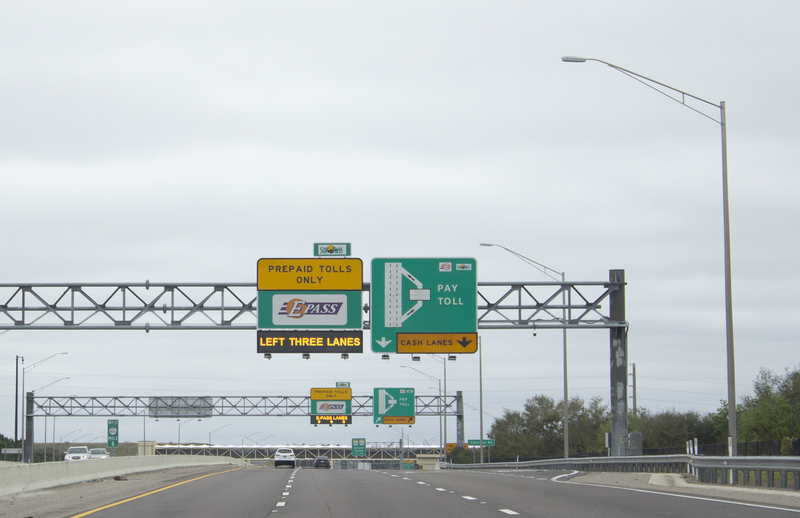
Mentoring and connections
Talking to Rountree is fun, like playing tennis against someone when you’re not quite sure what’s going to come back over the net. Her returns are frequently slightly different in conversation to the ones you might expect.
Her keen grasp of where dollars and cents are spent means that her opinions about the industry carry weight. She is a familiar figure at industry forums and is an honorary member of the International Bridge, Tunnel and Tolling Association, an accolade given only to individuals who have “made an outstanding contribution in furthering IBTTA's mission”.
Writing on the organisation’s website last year, she said: “Forty per cent of America’s roadway system is currently classified as being in poor or mediocre condition. According to infrastructurereportcard.org, the infrastructure backlog stands at $768 billion, with $560 billion required for roadway and bridge repairs. However, the federal gas tax, which is not indexed to inflation, was last raised to 18.4 cents in October 1993. If indexed, it would have reached 35.51 cents in 2022, keeping it in better alignment with related road programmed costs. This has caused significant shortfalls and maintenance challenges, with $205 billion transferred since 2008 to maintain solvency.”
The point about shortfalls is well made. Car drivers do not tend to see themselves as recipients of financial assistance from the government.
And yet… “When people say, ‘transit is subsidised’ – well, so are roadways,” she continues, on a roll. “We tend to have an unfavourable view of transit funding in the US: the belief is that transit is subsidised by federal government while roads are not. But the person who doesn't have a car pays federal taxes that goes into the general fund to support transportation infrastructure, regardless of their mode of travel.”
“When people say, ‘transit is subsidised’ [by federal government] – well, so are roadways”
It’s refreshing to hear. And this is probably part of the reason why she is a popular choice as a mentor. “The great thing about mentoring is the connection," she explains. “If you invest in yourself, then I'm willing to invest in you, but if you're not invested in yourself, then I'm just pouring into you, and it’s leaking out.” She laughs. She emphasises the importance of transparency and mutual learning in mentoring relationships, recognising that everyone has valuable insights to share.
For some people, being mentored is a great experience, while for others it’s just a corporate box to be ticked. “I've had some of the best mentors,” Rountree says. “But I've had some good sponsors. For me, sponsors are the people who opened doors and create opportunities behind the scenes.” She had this when moving from OOCEA to Lockheed Martin IMS (now Conduent): “They weren't looking for me, my sponsor recommended me.” She went to the interview and got the job.
Technology and solutions
Rountree is a strong proponent of sharing knowledge and expertise with others. “So, I advise people: share your knowledge,” she goes on. “How much can you contain before it starts overflowing? We are happiest as individuals when we're sharing. There's a deep sense of fulfillment that comes from helping others grow and succeed."
This philosophy has driven Rountree's commitment to mentoring throughout her career. “I find joy in seeing those I have mentored flourish, and it's wonderful to see what they've accomplished. And there's a part of me that feels like I've helped in some way.” Not that it’s about seeking credit, she emphasises: "It's about making a positive impact, however small, in someone else's journey."
You don’t need a formal teaching role to make a difference, she believes. “Mentoring at its core, is about sharing knowledge and supporting others. You can do that so many ways. We all have the capacity to teach and inspire. My father's words have always stayed with me: if you have a passion for teaching, you'll find a way to do it in whatever path you choose. And I strive to live that truth every day."
While others may view her as a role model, Rountree seems laser-focused on the work rather than any individual accolades. “I am deeply honoured when people see me in that light, but I don’t dwell on it too much,” she says. “My passion lies in finding solutions to complex problems. When discussing my work, I naturally gravitate toward technology and solutions -and even as we've been talking my go-to has gone back to solutions and solving problems.”
“Tolls don’t exist simply to collect revenue… There must have been a deeper cause, a need for mobility and access”
As for being a role model, Rountree admits it's not a label she actively seeks out. "Honestly, I'm not entirely sure what it means to be a role model or what that looks like in practice," she reflects. "I simply try to do my best work, stay true to my values, and support others whenever possible. If that inspires someone else along the way, then I'm deeply grateful. But my focus is always on the work and the impact we can make together.”
People talk to her about her ‘legacy’. “Oh my God,” she laughs again. “Does that mean I'm old? I'm proud to have been the first African American woman to lead a toll authority, but at the time, it wasn't something I focused on. There was so much work to be done, and I was committed to making a difference in the communities we serve."
When she started, the authority had just one project, the Georgia 400, she recalls: "It was slated to be paid off and removed, but Atlanta had many pressing transportation needs." For her part, she had a vision of managed lanes, truck tolling, high-occupancy vehicle lanes – and was prepared to chase the value pricing grants to achieve them. “One of my staff said to me: ‘Your visions are our nightmares’, she laughs. “But we believed we could make the impossible possible, and we did.”

Collective impact
"I may have had the vision, but it was the hard work and brilliance of my colleagues that made it all possible," she insists. "Our legacy is not just about individual accomplishments, but about the collective impact we had on mobility, access, and quality of life for the people of Georgia. That's what truly matters."
Ultimately, Rountree's success stems from this unwavering commitment to understanding the "why" behind every project, advocating for mobility and access, and empowering others by sharing her expertise. As the tolling industry evolves, she envisions a future where transportation infrastructure prioritises equitable access, quality of life and economic growth. With her understanding of technology, ability to build partnerships, and commitment to empowering future leaders, she will undoubtedly continue shaping the industry.
So Rountree's legacy is not just about her individual accomplishments, as impressive as they are. It's about the collective impact she has had on the communities she serves, the teams she has led, and the mentees she has inspired. Her story demonstrates the power of asking the most basic question, the importance of continuous learning, and the transformative impact of putting people and purpose first. As she continues to break barriers and inspire others, her legacy will endure as a shining example of what is possible.
Okay then, if she is not a role model, does she acknowledge that she is a leader? “I would say yes,” she admits.
As a Black woman in the transportation industry, Rountree has held a plethora of senior roles. You sense that she is aware of the significance of this and her leadership is grounded in a sense of intentionality and accountability instilled by her father. "Failure is not an option," she says. She acknowledges the added responsibility of being a trailblazer but focuses on letting her work speak for itself. “Be intentional,” she smiles. “And let the positive outcomes serve as an example.”



